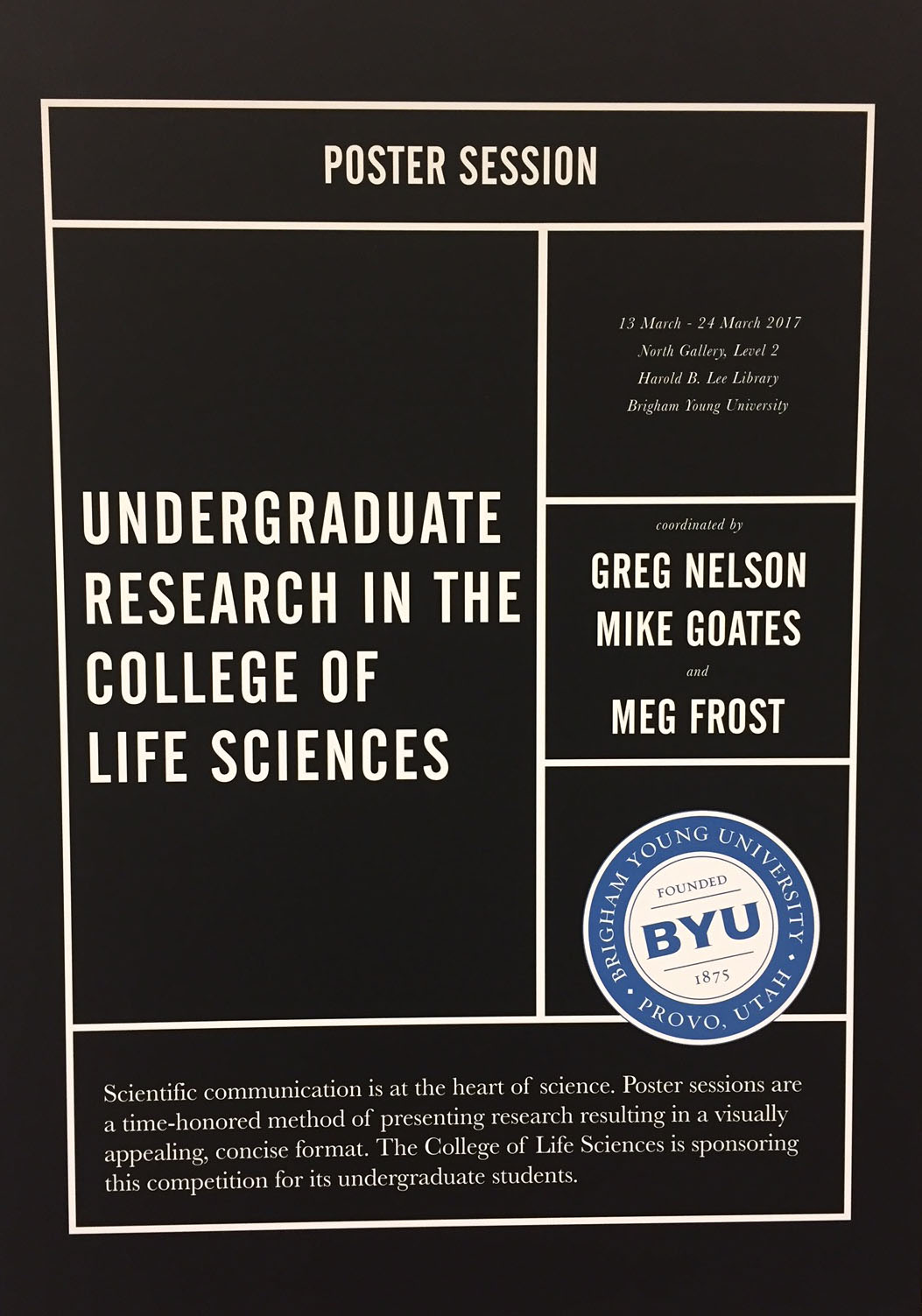Files
Download Full Text (845 KB)
Keywords
vaccine hesitancy, parental views, social determinants, measles/MMR
Abstract
The increase in vaccine-preventable disease (VPD) outbreaks has caused great alarm to the public health community. While national and state immunization coverages remain high, the resurgence of measles points to local pockets of under-vaccination that coincide with higher parental vaccine hesitancy and more non-medical exemptions.
According to the World Health Organization (WHO), vaccine hesitancy is the “delay in acceptance or refusal of vaccines despite availability of vaccination services” and is problematic for highly contagious diseases like measles. Without adequate vaccination coverage to establish herd immunity, person-to-person transmission is facilitated, particularly in under-vaccinated communities. Central to the discussion about measles resurgence is a better understanding of the social factors influencing parental decisions concerning vaccination.
Research Questions
- Why do parents delay or refuse vaccination, particularly against measles?
- Which types of information are perceived to be reliable sources by vaccine-hesitant and vaccine-compliant parents/guardians;
- What is the social context of vaccine hesitancy and non-medical exemptions?
BYU ScholarsArchive Citation
B. Novilla, M. Lelinneth; Goates, Michael C.; Showalter, Mallory; Novilla, L. Kirsten; Doria, Russell; Dang, Michael; Aldridge, Katelyn; and Leffler, Tyler, "Why Parents Say No to Having Their Children Vaccinated Against Measles: A Systematic Review of the Social Determinants of Parental Perceptions and Family Approaches to Addressing MMR Vaccine Hesitancy" (2020). Library/Life Sciences Undergraduate Poster Competition 2020. 15.
https://scholarsarchive.byu.edu/library_studentposters_2020/15
Document Type
Poster
Publication Date
2020-04-06
Language
English
College
Life Sciences
Copyright Use Information
http://lib.byu.edu/about/copyright/


